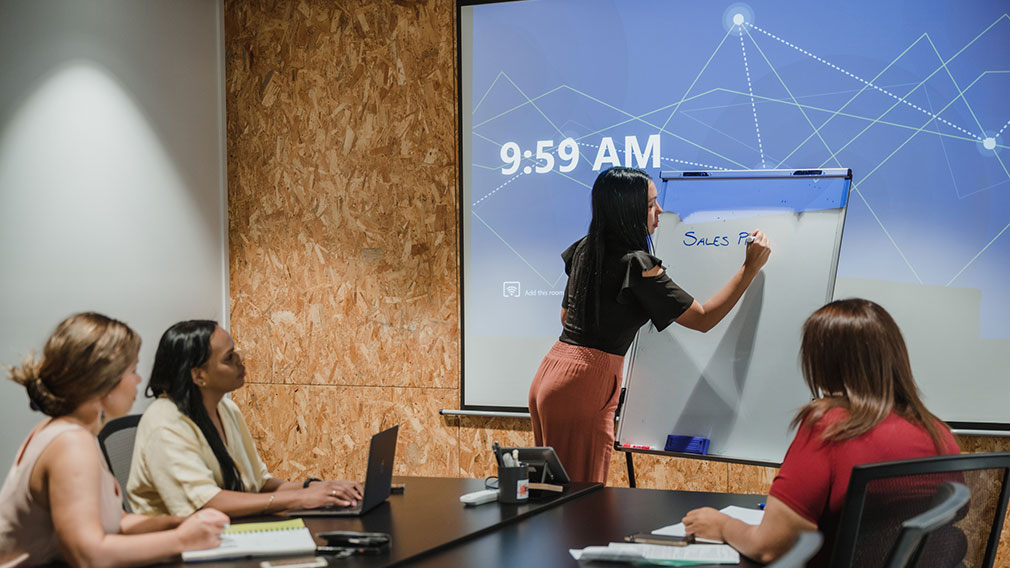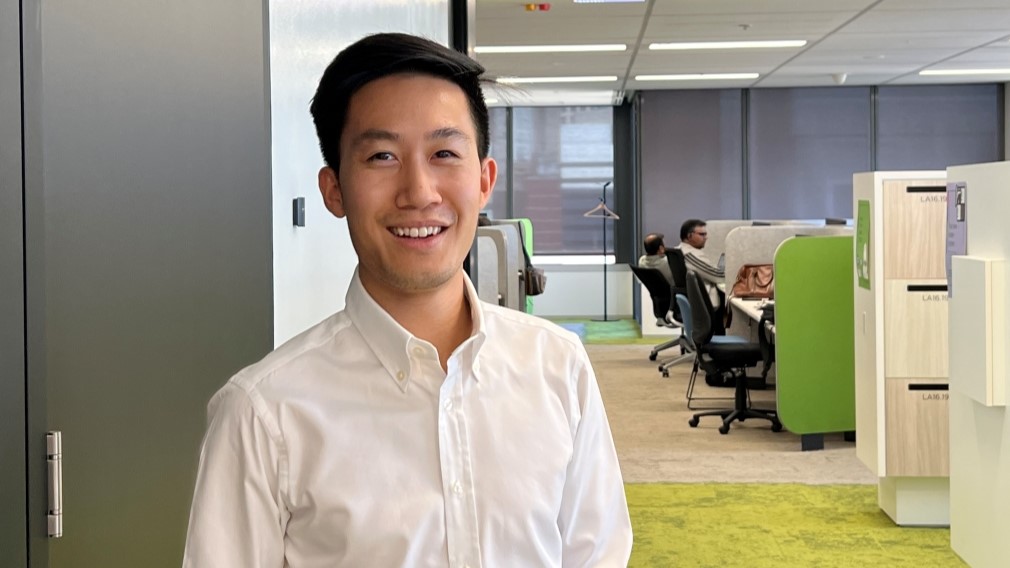‘Agile’ working the rage; flexibility key to Levy
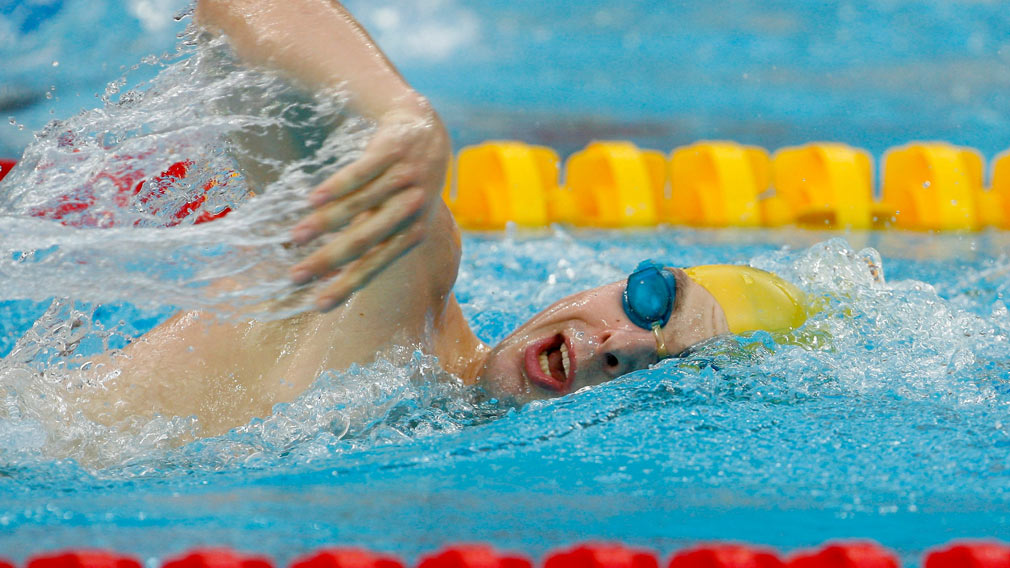
Matt Levy competes in the men's 400m freestyle S8 Swimming event at the National Aquatics Centre during day six of the 2008 Paralympic Games in Beijing, China. (Getty Images)
At 5am, Matt Levy can usually be found at the North Sydney Olympic Pool starting his regular two hour training session.
After work, he follows up with another two hours of pool time, gym work or Pilates.
It’s a strict and at-times gruelling routine he’s known for much of an almost two decades of competitive swimming that has included four Paralympic Games and the ultimate for many sportsmen and women: a gold medal.
“It’s warmer in the water than it is out,” he says of the frosty winter mornings far from the warmer Queensland climate many professional swimmers call home.
In recent months, the 30-year old has had his sights on more medals at the World Championships in Mexico City, recently preparing for the high altitude conditions by sleeping at the Australian Institute of Sport’s simulation facilities. After originally planning to leave Australia today, he was left in limbo after the earthquake tragedy in Mexico spurred organisers to delay the Championships and assess options.
Despite noting he’s closer to the end of his career than the start as one of the older athletes in his sport, his hunger remains as he eyes off next year’s Commonwealth Games on the Gold Coast and a fifth Paralympics in 2020 at Tokyo.
“I guess if you have a dream and goals and something to work for, it makes all the work easier. I keep resetting them, daily, weekly, monthly, otherwise it gets too boring,” he says.
Born 15 weeks premature, Levy has fought through cerebral palsy, vision impairment and around 50 operations. Undeterred by his “tunnel vision” – he can only see a few metres ahead and nothing peripheral – he began competitive swimming at age 12 before first representing Australia at the age of 15.
He’s since competed at the Athens, Beijing, London and Rio Games, winning medals across freestyle, breast stroke and butterfly events.
“Heart, lungs, brain, ear – you name it, I’ve had it probably,” he recalls of the operations. “But my parents were both pretty sporty so I was kind of introduced to the water pretty early on in my life.”
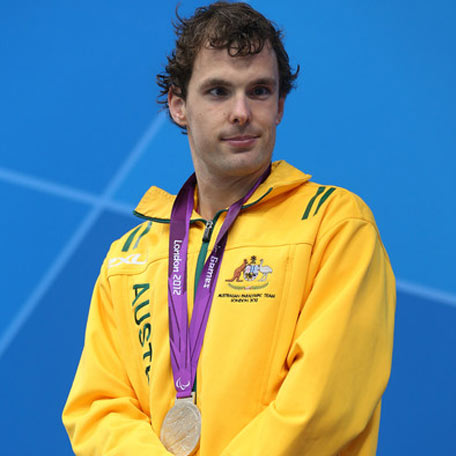
Levy with the silver medal picked up at the 2012 London games for the mens 100 metres freestyle event. (Supplied)
With sports bodies and athletes navigating the at-times difficult transition after retirement, Levy in 2015 completed a bachelor of business in management he studied online to help prepare for life outside the pool. Eight years ago he also joined Westpac, working on the front line in the customer contact centre as a “change analyst” to – slightly ironically – gain experience for his transition upon retirement and help fund his life while competing at an elite level.
“He plays a key role in engagement…he will keep going no matter what, that ability to keep reframing things and pushing through no matter what happens,” says Jo Beaumont, Levy’s senior manager at the bank. “He’s obviously had issues to deal with his entire life and he just keeps going and provides that inspiration for others.”
Levy, who in 2014 was awarded an Order of Australia Medal for service to sport, is realistic about the challenges surrounding sports funding, which again exploded last year after the able-bodied Olympic team placed 10th at Rio with a less than expected 29 medals.
In June, The Australian Institute of Sport and Australian Sports Commission revealed Paralympic high performance programs would receive a $683,000 increase in funding to $13.4 million in 2017-18 compared to the prior year, after the team notched up a sixth consecutive top-five finish at Rio. Swimming won a $22,000 increase to $1.9m, the largest of any para sport. In contrast, funding for high performance able bodied athletes grew $2.9m to $88.2m.
Despite noting the challenges for para athletes, levy notes government funding supports expenses such as flights to major meets. He’s also aware that the public wants medals for the investment in athletes and that the government has many spending requirements, for instance roads and hospitals.
“It’s obviously not just about the medals….and not everyone can win a gold, silver or bronze medal, but I understand that’s often the focus,” he says.
“It would take a bit of cultural and attitude change.
“It’s a tough one because money needs to be there for people to be successful in the first place but at the end of the day it does come down to the individual whether they want to be successful or not.”
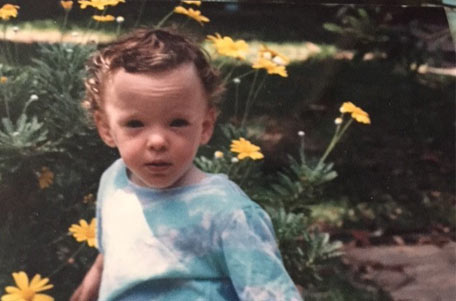
Levy says he was introduced to the water pretty early on in life by his "sporty" parents. (Supplied)
As more companies – including Westpac – shift to agile working environments, Levy says employees having laptops is helpful by allowing him to work remotely. He says Westpac’s embrace of flexible working has been critical to his training and travelling schedule – which can be up to six weeks a year – describing his schedule as “reasonably packed” but “manageable”. Aside from a rest day on Sundays, he trains 4 hours, six days a week and works from 8am-3pm four days a week in Kogarah, on the other side of the Harbour Bridge to his North Sydney training base and Cremorne home.
In the lead up to major events, he regularly works remotely at the AIS and is given time off in addition to annual leave to compete. “Countries like Ukraine, China, Russia they’re all training hard to so keep up with that you need to reinvent yourself slightly,” he says.
Levy says he brings the same approach to his work as swimming, focusing on the process rather than end result.
“In the change space, we have an end goal to service stakeholders and customers, but to do that you need to go through a process whether that be communication, presentations, delivering projects etc,” he says.
“So dotting your I’s and crossing T’s… a lot of nitty gritty in between and not so exciting stuff to get to the end result. The same in swimming, I have to train 30 odd hours per week to potentially get a medal which I might have only got by 0.01 of a second.”
Asked if he sees such tight finishes delivering more medals in his six events at the upcoming World Championships, Levy responds: “At the end of the day, whether it’s gold, silver, bronze or a fourth, as long as you go out there and try your personal best, it’s the only thing you can do really.”
“And Just to enjoy the experience which is why I’m still swimming at age 30 when most people are retired. I’ve been lucky with support, including from Westpac who don’t seem to mind me travelling and the like.”



